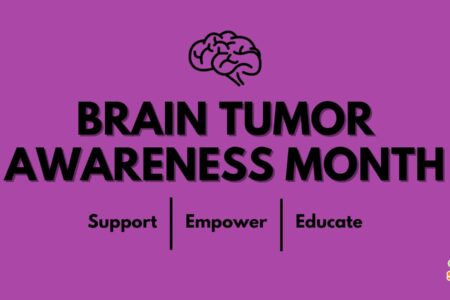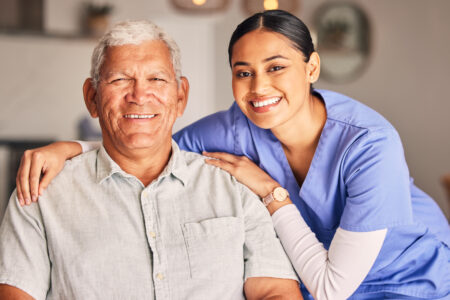Share On Social!
Brockton, Massachusetts is considered a federally designated food desert.
Food deserts are urban areas where it is difficult to find local farmers markets or grocery stores. Latino’s make up about ten percent of the population in Brockton, and around 10 percent of the population is struggling with Diabetes. So how can Latinos prevent diabetes when they live in food deserts?
How about offering Latino’s a shopping experience where they can change chips for broccoli to get points? Or offering store credit to those whose weight or blood pressure has dropped?
Jason Barbosa’s family business, New Vicente’s Tropical Grocery is making public health history. The new store will offer shoppers a truly healthy shopping experience. “You can’t just run a business and not feel that it’s your responsibility to take care of the community.” Barbosa stated in a recent article by, The Boston Globe.
Having an inspiration after seeing an abandoned shed, Barbosa re-designed a community lacking healthy foods into a health hub. Barbosa decided to make healthy foods more attractive and easily accessible through his store and then he took it one step further, he asked Brockton Neighborhood Health Center to join him next door.
Changing the whole dynamic of the area, the health clinic will partner with the grocery store by holding cooking classes at the on-site kitchen, and live streaming it to show on TV’s in the grocer. The live stream cooking classes will simultaneously show families in the grocer and patients in the clinic, how to change traditional recipes to healthy alternatives. For example, the classes will show how to swap white rice for whole grain rice in any favorite cultural dish.
To read more about how his grocery store design is changing public health and communities for the better, click here.
 Watch a video about Vicente’s store below, video from The Clinton Global Initiative.
Watch a video about Vicente’s store below, video from The Clinton Global Initiative.
By The Numbers
142
Percent
Expected rise in Latino cancer cases in coming years



